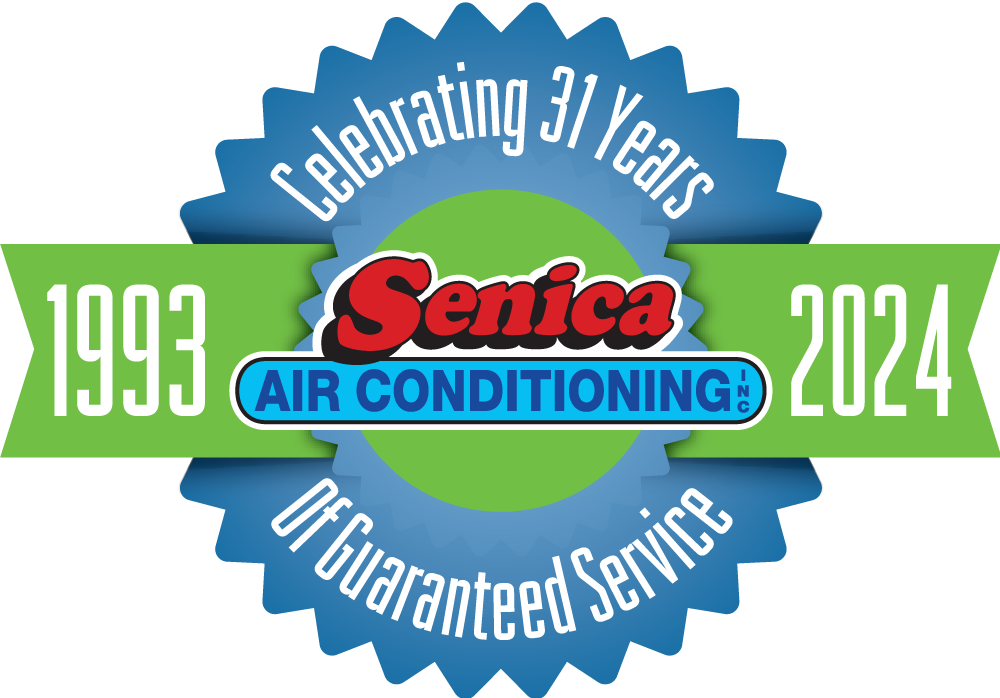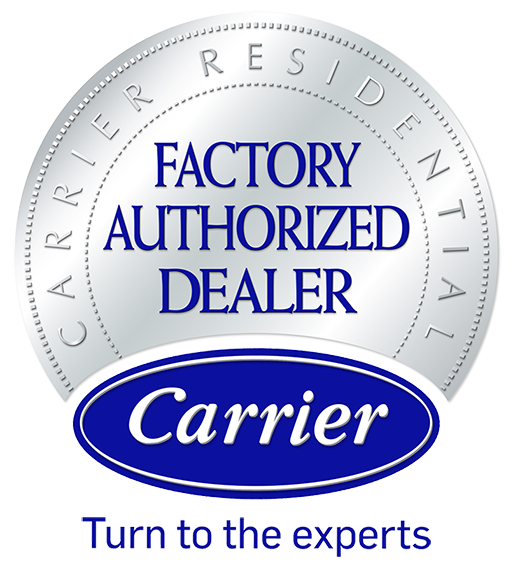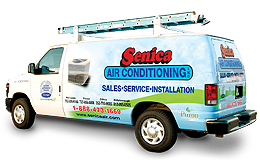The most effective way to keep your indoor air clean, fresh and free from contaminants is through air filtration. Whether buying effective filters for your air conditioner or installing a separate air purification and filtration system, the MERV ratings of the filters you use will have a significant effect on the quality of the air you breathe inside your Florida home.
MERV basics
MERV is an acronym that stands for minimum efficiency reporting value. It’s an indicator of filter efficiency and indicates how well a particular filter will be able to clean your air by capturing and removing airborne particulates of 0.3 to 10 microns. MERV ratings will be affected by the type of material used in the filter — fiberglass or cloth, for example — the thickness of the filter medium, and the style of filter — pleated or flat collecting surface. Commonly available filters for air conditioners, furnaces, heat pumps and related HVAC equipment carry MERV ratings from 1 to 16. Higher MERV numbers indicate greater filter performance and efficiency in removing contaminants and cleaning your indoor air.
How air filtration works
Your air conditioner maintains a constant circulation of air that brings cooled air to your home and expended air back to the unit to be cooled and distributed again. As the air moves through the system, it passes through the filter. As the air’s forced through the filter, tiny airborne particulates such as dust, pollen, hair, fibers and other solids are trapped and held by the material of the filter. In addition, filters can capture microorganisms such as viruses, mold spores, germs and bacteria that can trigger allergies or asthma or cause disease. Some types of filters are available with activated charcoal inserts that absorb fumes and gases and remove odors.
As more and more of this material is removed from your home’s air, it accumulates on the filter. As a general rule, filters should be checked every month and changed if they’re dirty. Otherwise, filters should be changed every three months as a part of routine maintenance.
MERV ratings and air filtration
The effectiveness of air filtration is directly tied to the MERV rating of the filter you use in your air conditioner or other HVAC equipment. The more filtration you want, the higher MERV rating you should choose.
MERV ratings and effectiveness fall into four general categories.
- MERV 1-4: Filters at the lower end of the MERV spectrum provide some air filtration, but in general they’re not very effective. They’re inexpensive, but usually only good for stopping particulates of 10 microns or larger.
- MERV 5-8: These medium-quality filters are commonly used and are effective at removing airborne contaminants of 3 microns and larger. They’re often made of pleated cloth, which provides multiple surfaces where contaminants can make contact and be trapped.
- MERV 9-12: High-quality filters of MERV 9-12 will provide good air filtration for most residential and commercial applications. These are effective against particulates of 1 micron and larger.
- MERV 13-16: Filters with higher MERV ratings of 13 to 16 are applicable in all but the most specialized settings. They’re the best quality filters available that will work in standard HVAC systems without special mountings or other accommodations. They’re effective at removing particulates at the lower end of the scale, generally 0.3 microns and larger.
Keep in mind that higher MERV filters can be very thick and dense and may affect the performance of your air conditioning system. High-quality filters can restrict the airflow that your cooling equipment needs to function properly. To be safe, check your HVAC system’s owner’s manual or warranty to see if there are any restrictions on the filters’ MERV level.
HEPA filters
Though standard air filters stop at MERV 16, there’s a category of highly efficient filters that provide air filtration at MERV levels of 17 to 20. These are called high efficiency particulate air filters (HEPA). They can remove up to 99.97 percent of the solid particulates from your indoor air, including the tiniest contaminants such as microorganisms, powders and even smoke. If high levels of air filtration are required in your home because of health concerns or other needs, a HEPA filter system may be your best option.
For more than 20 years, Senica Air Conditioning, Inc., Inc. has served Tampa and the surrounding Florida communities with top quality cooling services, including sales, installation, maintenance and repair. Contact us today for more information on air filtration and for help choosing an air filter at a MERV level that will keep your indoor air clean and fresh.



